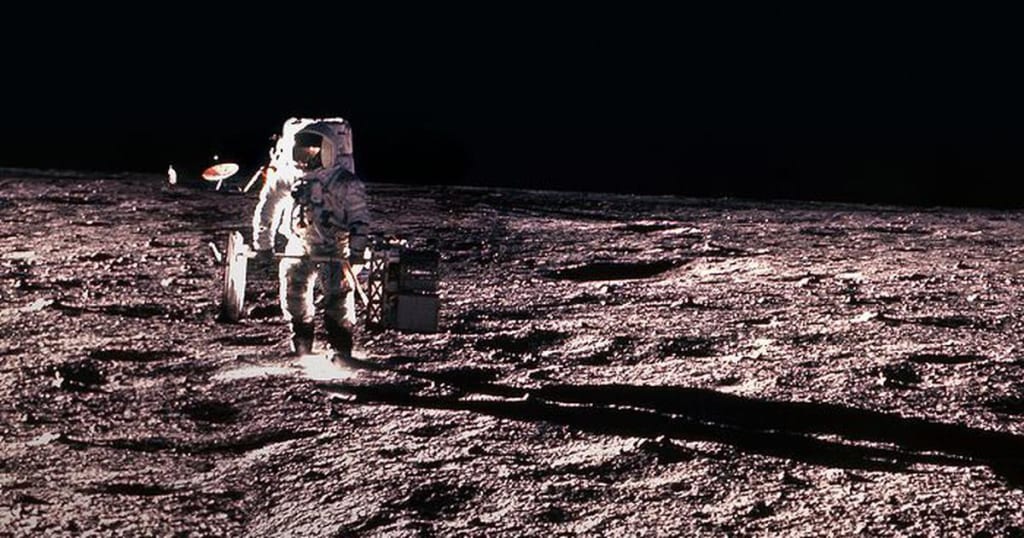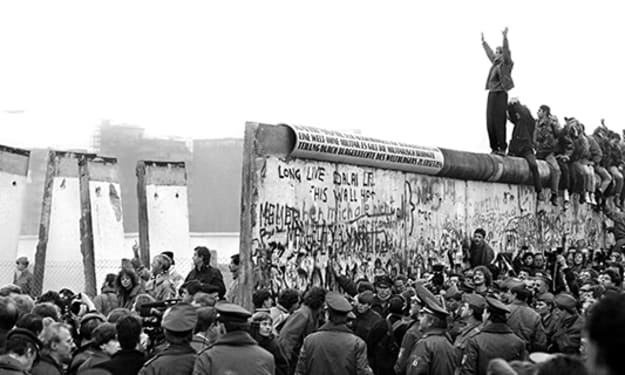
One of the most amazing feats in human history is the Moon landing, a momentous occurrence that took place on July 20, 1969. We examine the context, significant moments, lasting effects, and lasting impact of this historic mission to the moon in this 600-word overview.
Background and Context:
President John F. Kennedy started the Apollo program in the United States in 1961, and the Moon landing marked its completion. Kennedy issued a challenge to the country at the height of the Cold War to send a man to the Moon and safely bring him back to Earth by the end of the decade. Geopolitical rivalry with the Soviet Union, which had previously accomplished key space milestones including launching the first artificial satellite, Sputnik, in 1957, and flying the first astronaut, Yuri Gagarin, into space in 1961, served as the driving force behind this bold objective.
The Apollo Missions:
The Apollo program consisted of a number of flights, with Apollo 11 serving as the product of many years of engineering, planning, and study. In 1967, the Apollo 1 mission ended tragically when a cabin fire occurred during a pre-launch test, claiming the lives of three astronauts. The succeeding flights, including Apollo 8's lunar orbit in 1968, prepared the stage for an attempt at a Moon landing.
The Journey of Apollo 11:
On July 16, 1969, Neil Armstrong took command of Apollo 11, which was driven by Michael Collins in the command module and Buzz Aldrin in the lunar module. The spacecraft entered lunar orbit after traveling around 240,000 miles.
Armstrong and Aldrin traveled to the lunar surface on July 20, 1969, as Collins orbited above in the lunar module. On that momentous day, at 02:56 UTC, Neil Armstrong made the first human stride onto the Moon, saying, "That's one small step for [a] man, one giant leap for mankind."
Achievements on the Moon:
Armstrong and Aldrin carried out a number of experiments, gathered samples, and took pictures while they were on the moon. A plaque that said, "Here men from the planet Earth first set foot upon the Moon, July 1969 AD," was also left behind. We arrived in good will toward all people.
Before heading back to the lunar module, Armstrong and Aldrin spent almost two and a half hours on the lunar surface. The crew set off for Earth after a successful rendezvous with Collins in lunar orbit.
Significance and Legacy:
The Moon landing had profound global and historical significance:
Technological Achievement: The Moon landing served as a showcase for the amazing engineering, science, and invention that humans are capable of, as well as their capacity to rise to enormous difficulties.
- Space Exploration: It signaled a turning point in space exploration, encouraging later space projects like the Space Shuttle program, the International Space Station (ISS), and hopes for manned missions to Mars. Subsequent lunar missions (Apollo 12, 14, 15, 16, and 17) were made possible as a result.
- Global Unity: The Moon landing inspired excitement and world peace. Millions of people watched in awe as it transcended political and ideological divides.
- Scientific Insights: The lunar samples and data gathered during the Apollo missions have shed important light on the geology of the Moon, the interaction between the Earth and Moon, and the origins of the solar system.
- Human Potential: It reaffirmed the notion that humanity can accomplish great things when nations work together and make investments in science and exploration.
Modern Relevance:
The Moon landing's legacy continues to motivate scientists, businesses, and space agencies around the world in the twenty-first century. NASA's Artemis program and international cooperation are aiming to land the "first woman and the next man" on the lunar surface, reviving the effort to bring people back to the Moon and establish a lasting presence there.
The Moon landing is a representation of the persistent human desire for exploration, discovery, and learning. It reaffirms our ability to study the cosmos and extend our reach beyond Earth, inspiring hopes for future missions that will advance knowledge and accomplishment among humans.
About the Creator
The Knowledge
Welcome to a virtual realm where the past, present, and future converge to unravel the mysteries of history, the wonders of science, and the treasure trove of general knowledge.






Comments
There are no comments for this story
Be the first to respond and start the conversation.